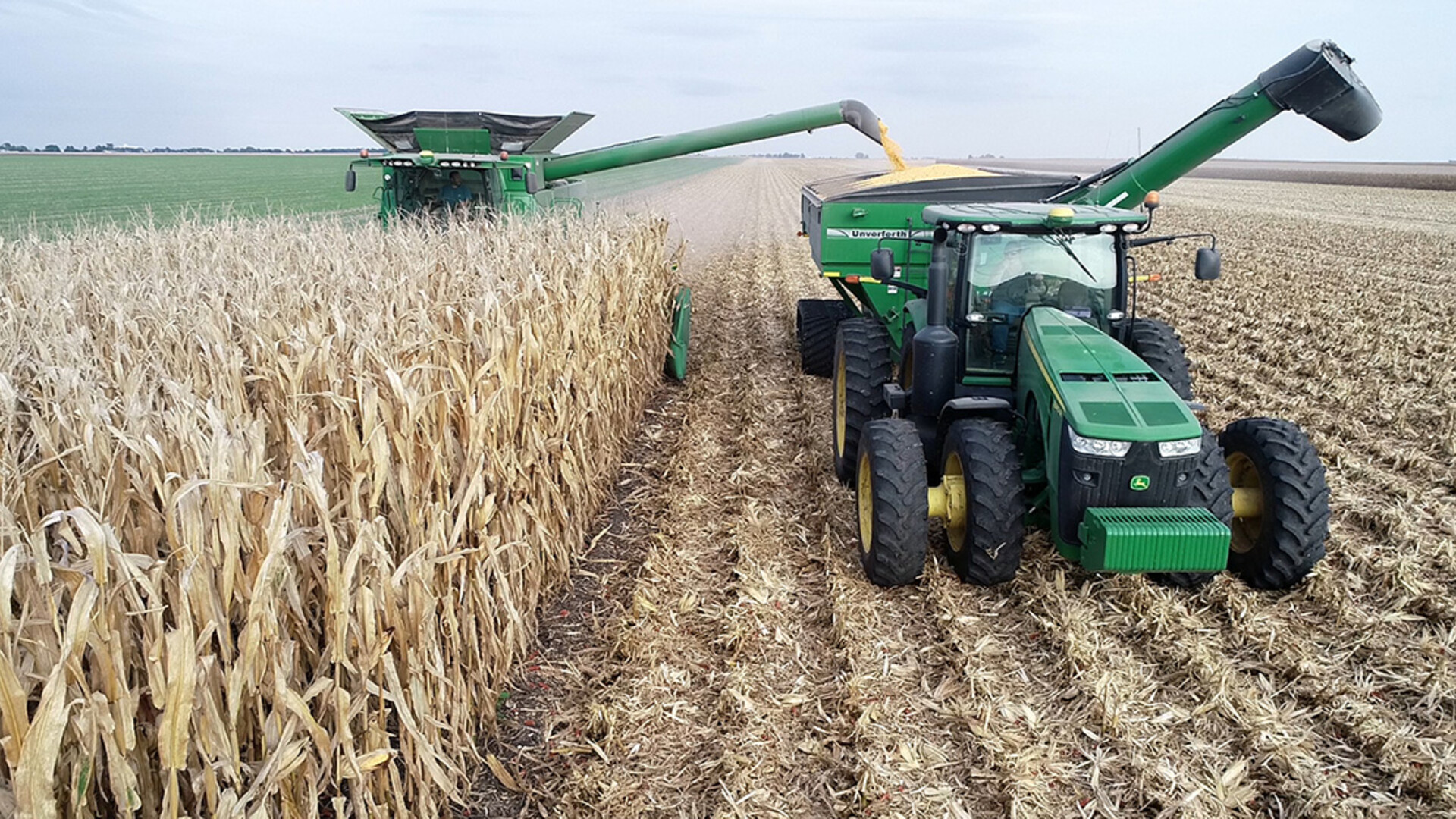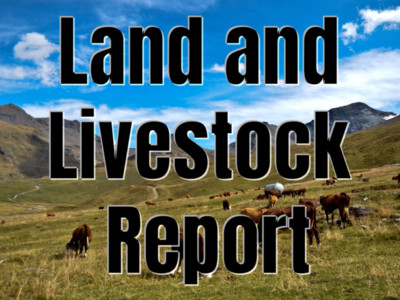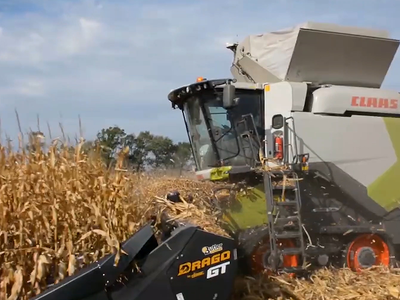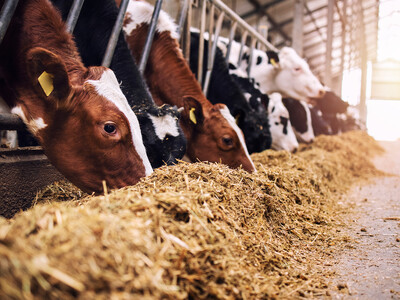Renewable Fuel Standard Important to Corn Farmers
Timely implementation of meaningful Renewable Fuels Standard volumes provides certainty in agriculture markets, reduces emissions and lowers fuel prices, NCGA told U.S. Environmental Protection Agency officials today during the agency’s public hearing on proposed RFS volume standards for 2022 and 2021 and proposed reconsideration of 2020 volumes.
“Corn farmers produce low-carbon feedstock for low-carbon ethanol, offering immediate and affordable emissions reductions and a vital pathway for agriculture to help address climate change,” NCGA President Chris Edgington told EPA. “But our success helping you meet these commitments depends on EPA sending a clear and firm message that volume requirements will be enforced.”
Edgington urged EPA to move quickly to finalize the strong 2022 volume proposal and the denial of pending RFS waiver petitions, actions that would put more clean fuels in the market and repair RFS integrity. He also told EPA that proposed retroactive cuts to 2020 volumes would undermine the 2022 proposal and reward the use of more oil in place of cleaner renewables, asking the agency to avoid the precedent of reopening final volumes.
“As EPA finalizes and enforces the delayed 2022 RFS volumes and puts the RFS on track, we ask you to work with us to achieve greater emission reductions and cleaner air through use of more renewable, sustainable, affordable ethanol,” said Edgington.
Source: NCGA

















